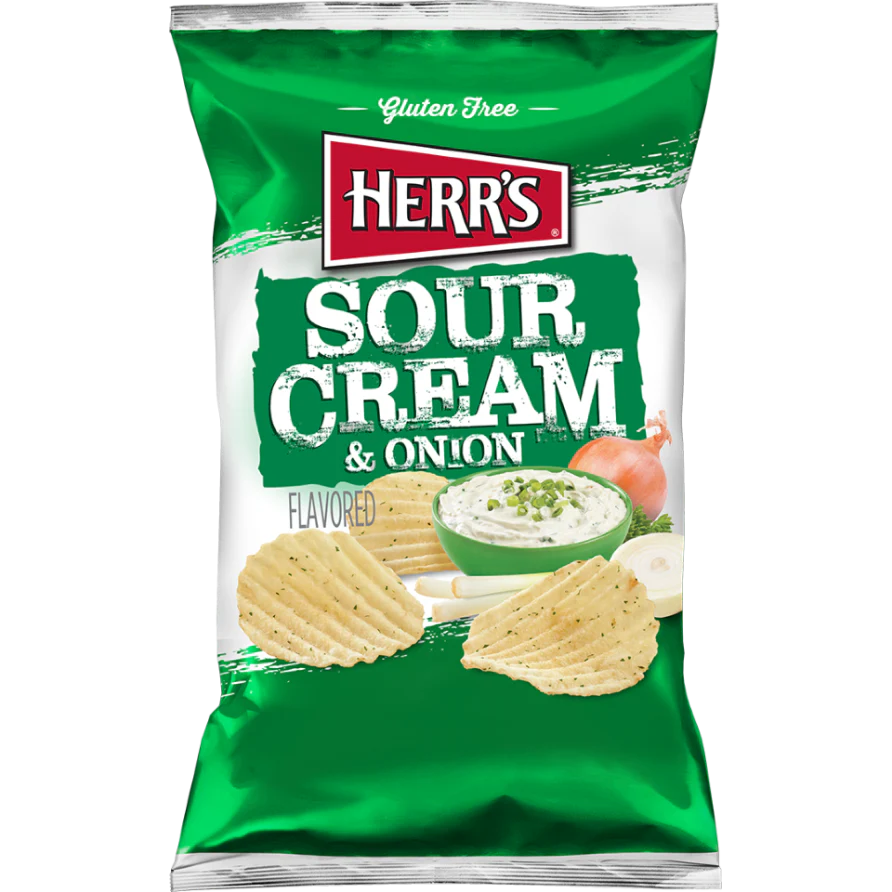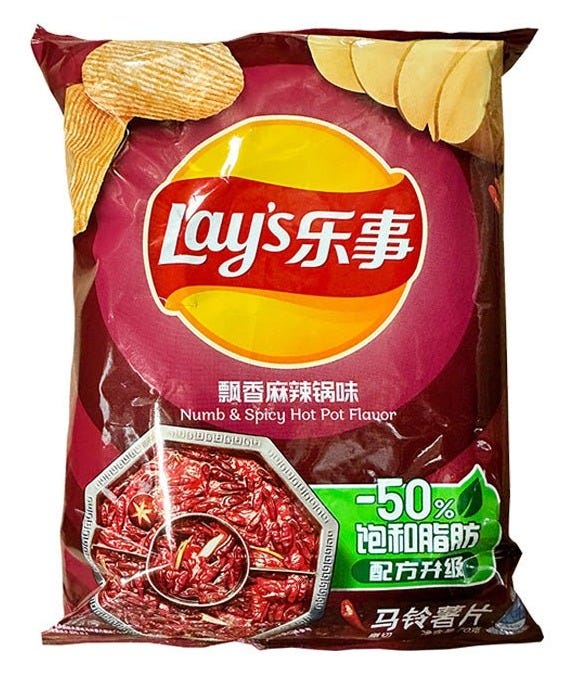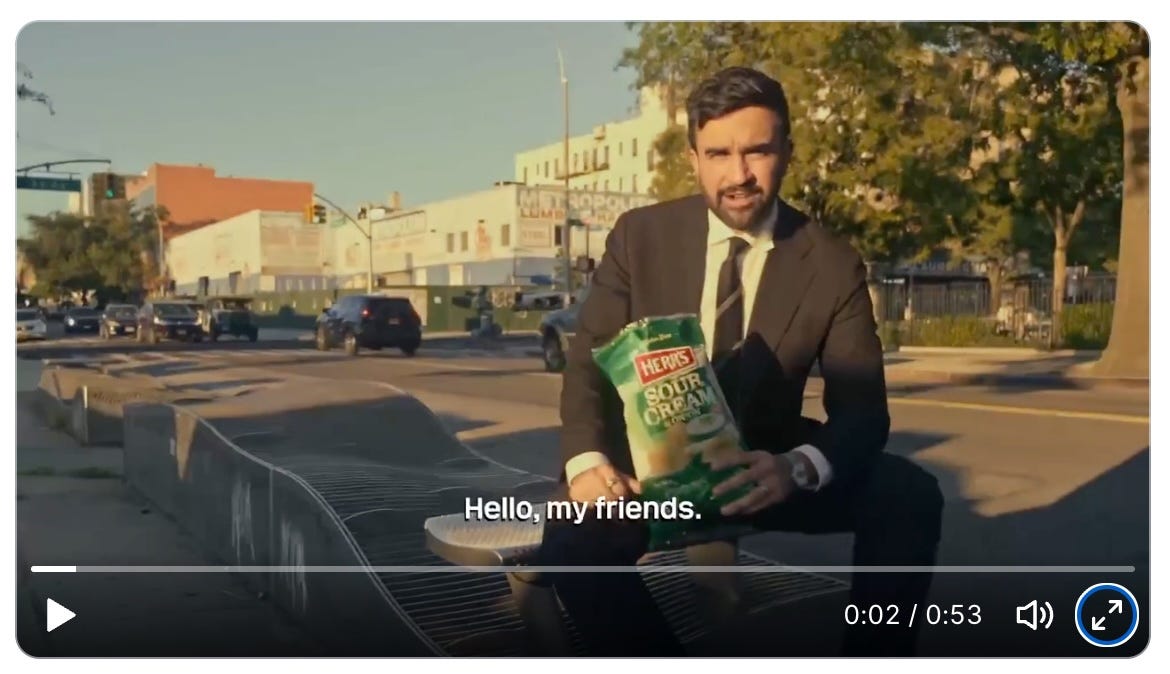Red Packets in the USA!
Evaluating a New York media scandal on the international beer metric
Twenty years ago last March, I wrote my first blog post about PR in China. I had been living and blogging in China for nine months, but my early posts focused on daily life and had titles like, “I successfully speak Chinese to people,” and “I shop,” and so on. These are real titles, not jokes. I was delirious with culture shock.1
When I finally wrote about work, I started with a post on a China PR practice that I found deeply weird. This was the “transportation claim,” the practice of giving every reporter who attended a press event an envelope of cash. Coming from obsessively Windexed Singapore, where I had started my PR career, this seemed sketchy. But my colleagues assured me that it was standard practice.
In those days the going rate was 200RMB (then about US$25) for a Beijing print reporter who had come from in town. There were different rates for television crews and out-of-town reporters.
Was giving a modest envelope of cash to a reporter who worked for state-owned media a violation of the U.S. Foreign Corrupt Practices Act? I didn’t know! But the leadership of the Beijing office of the big U.S. PR firm I worked at didn’t seem concerned, so, 🤷.
I jokingly titled that old post, “A scholarly analysis of the economics of PR in China.” In it, I used beer, the PR pro’s favorite commodity, as a unit to assess the value of the transportation claim on a purchasing-power parity basis. In 2005 you could get a tall Yanjing or a pint of Beijing Asahi for RMB3 if you knew where to drink. Deducting the average cost of two typical Beijing taxi rides from the transportation claim, I calculated you’d have about RMB150 left over, or enough for up to fifty beers.
In Singapore, which was my frame of reference, I calculated you’d need an envelope with a minimum of SGD$270 (about USD$180 at the time) to achieve the same thing.2 Hand a lot of those out and you would be at real risk of a sweaty afternoon in the basement of the Corrupt Practices Bureau.
For what it was worth, the transportation claim was transparent. We included it as a budget line item in PR event quotations to clients. Journalists had to sign for their money at event reception, and were noted against a list of attendees. The money was visibly handed over in a plain white envelope.
Unlike what happened in New York City last Wednesday, the money was very much never in a red packet stuffed into a bag of Herr’s brand sour cream and onion potato chips and pressed into an American reporter’s hands in a Whole Foods supermarket. From The City, a New York indie news organization:
A former top City Hall advisor and current campaign confidante to Mayor Eric Adams attempted to give money to [reporter Katie Honan] from THE CITY following a campaign event in Harlem Wednesday.
The failed payoff — a wad of cash in a red envelope stuffed inside an opened bag of Herr’s Sour Cream & Onion ripple potato chips — was made by Winnie Greco, a longtime Adams ally who resigned last year from her position as the mayor’s liaison to the Asian community after she was targeted in multiple investigations. She resurfaced recently as a consistent presence in his re-election campaign.
On Wednesday, City Hall reporter Katie Honan spotted Greco near the announcement of the opening of Adams’ newest campaign office, in Harlem. Greco later texted Honan after the event when she spotted her again and asked her to meet across the street from the campaign office next to a TD Bank.
Greco and Honan walked to the Whole Foods next door. While inside the store, Greco handed Honan the opened bag of chips with the top crumpled closed. Honan, thinking it was an offer of a light snack, told Greco more than once she could not accept the chips, but Greco insisted that she keep them.
Amazing!
Greco is of Chinese extraction and has previously operated as New York Mayor Eric Adams’ liaison to the Chinese community. In a statement to The City, Greco’s lawyer said this:
“I can see how this looks strange…but I assure you that Winnie’s intent was purely innocent. In the Chinese culture, money is often given to others in a gesture of friendship and gratitude. Winnie is apologetic and embarrassed by any negative impression or confusion this may have caused.”
This true! Giving cash as a gift is common practice in Chinese and diaspora culture. In my half-Singaporean family, we give red packets at weddings and to children during holidays. I’m a big fan of cash as a gift! You can use it for anything! But—and I cannot stress this enough—such red packets are typically given proudly and not handed over furtively and hidden in snack packets.
Also, sour cream and onion? In a green packet? If you’re going to claim Chinese culture as a defense, at least hide the money in a more appropriate packet of chips. There are plenty of options, flavor and color-wise. How about this:
Evaluating a New York payoff on the international beer metric
I thought it would be fun to apply the beer metric to this situation. Curiously, The City does not say exactly how much cash was in the envelope, describing it as, “at least one $100 bill and several $20 bills.” Doctrinally, I would expect the number to be $180 (要发-IYKYK). [Update below! -ed] I’ve never paid for a beer in New York City, but at Sylvia’s Restaurant, a couple of blocks from the Whole Foods where this went down, beers are $9. This suggests that, to achieve a fifty-beer and two car-fare parity with a 2005 Beijing transportation claim, Greco should have stuffed at least $500 into that Herr’s Potato Chips bag.
If it was a bribe, it was a crap bribe. Thus, my alternative line of defense for Ms. Greco’s laywer:
Get real. You can’t buy shit in Manhattan for $180 in this economy. Only an idiot could see this as anything other than a symbolic gesture like, say, an electronic greeting card from a PR agency or a high school promise ring.
OK, maybe not a huge improvement, but less insulting to those of us who give red packets in good faith.
The day after the report in The City, the New York Times came out with a fast-follow on the Adams campaign’s apparent widespread use of red packets with Chinese language and diaspora press, fitting this week’s Greco affair into a broader pattern. This led to some hand-wringing on Bluesky, along the lines of, “The New York Times didn’t give a shit about this until someone else broke the story.”
The Times has plenty of problems and is struggling to rise to the challenge of [waves at everything], but it’s been on the Winnie Greco beat for a while and one of the reporters who has been involved is Mike Forsythe, an absolute wrecking-ball when it comes to Chinese corruption and influence.3 The Times’ day-after article provides some useful context and includes this:
In China, it is common for domestic reporters to receive red envelopes with cash, which are often referred to as a “transportation fee.” But companies there know not to give money to international reporters. No established American news organization permits its reporters to accept cash payments for covering events. The Times’s ethical guidelines explicitly prohibit receipt of such gifts.
The bit about companies knowing to not give money to international reporters is true. At the agency I worked for in China, our team was under firm instructions to not offer transportation money to foreign news organizations, or to the few Chinese news organization whose ethical guidelines prohibited such things.4
Squint and you can possibly read the Times’ follow-up as bolstering Greco’s defense that she made an honest mistake rooted in cultural differences. But Greco isn’t a recent arrival to the U.S. or U.S. politics who can easily claim, I didn’t understand your ways! And the awkward manner in which she offered the money to Ms. Honan suggests that she knew it was problematic. It is certainly providing fodder for the press and Mr. Adams’ rivals in the mayoral race, as in a fun video from intergalactic communication prodigy Zohran Mamdani.
Ms. Greco has now been suspended from Mr. Adams’ re-election campaign.
Maybe corrupt, definitely corrosive
A few months after using beer as a joke bribe metric, I went to bat for the ethics of MNCs and foreign PR firms in China in a much more serious post. I wrote why I didn’t think the transportation claim was corruption, although I also admitted that I might be rationalizing.5
There were lots of reasons why such a practice could take hold in post-WTO China. Money was flowing, media ethics were nascent, and the idea of independent accountability journalism as the fourth estate was complicated by the hand of the government.
But even if the transportation claim wasn’t corruption at an individual level, it was corrosive on a systemic level. Chinese reporters were notoriously poorly paid, and I did back-of-the-envelope calculations that showed how transportation claims could easily account for half or more of a Beijing reporter’s income. That’s a hell of a subsidy by the PR industry and an obvious conflict of interests.
In an era where accountability journalism is in retreat, media jobs are vanishing, and reporters are under increasing financial pressure, one can imagine the allure of allowing businesses and politicians to help reporters out with a little extra here and there. Maybe it’s accepted practice in some cultures.
But whether the money comes with an auditor’s stamp of approval, or stuffed into a packet of potato chips, it was a mistake in China, and it’s a mistake here.
Update 8/25
The City now reports it was $300 in the envelope. That’s significantly more beers than my guess of $180, even at Manhattan prices, and places this affair deeper into unsavory territory. (Not counting the bar snacks one should have with their corruption beers, which should obviously be very savory indeed.)
I would link to those posts, but many years ago I had to manually rebuild the blog and I did it as a “best of” catalogue rather reconstitute hundreds of articles. Those early posts are not the “best of” anything, so they are quarantined in my offline archive.
Important methodological note: The Singapore equivalent beer is a tall Tiger at a hawker center in Upper Serangoon, not a fancy imported beer at some banker hangout on Robertson Quay.
Mike and I overlapped in Beijing and I met him once or twice, but didn’t know him well.
In those days there were some hard hitting Chinese investigative business publications, such as Caijing, that eschewed the transportation claim.
Also, I was more worried about making sure my clients didn’t bite on occasional proposals from Chinese media along these lines: “we’re preparing a terrible article about your company, but if you buy an advertising package it will mysteriously be killed.”






I had an old boss who told me Larry King asked for a $20 "Loan" during a commerical break during a radio interview (Miami days, mid-1960s). My boss innocenlty gave the money. The interview turned into a puff piece. Later my boss's campaign manager said "You don't expect to ever see that money again do you?"
The old “transportation” wheeze made a _kind_ of sense back when a round trip from the news office to (say) the campus at ZGC was easily a two-hours-each-way day- and sanity-killing slog in a Xiali.
But, as you eloquently point out, _this_ absolutely ain’t _that_.